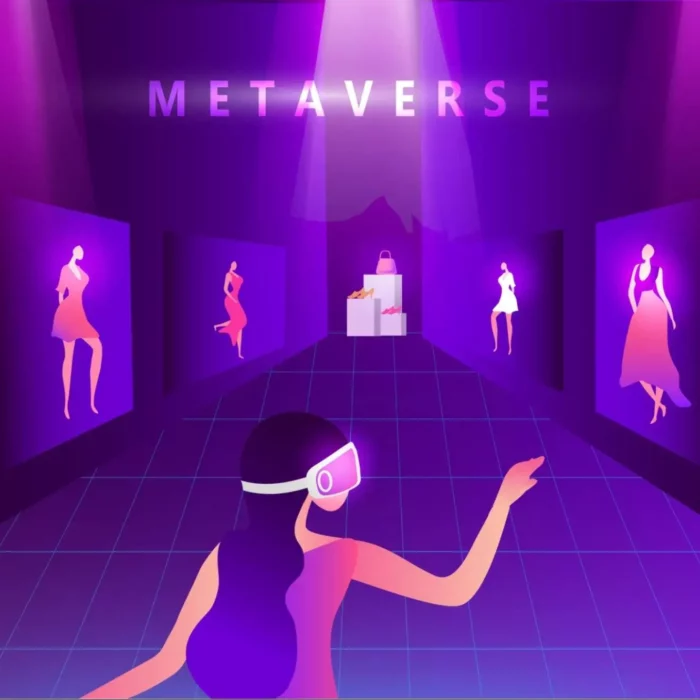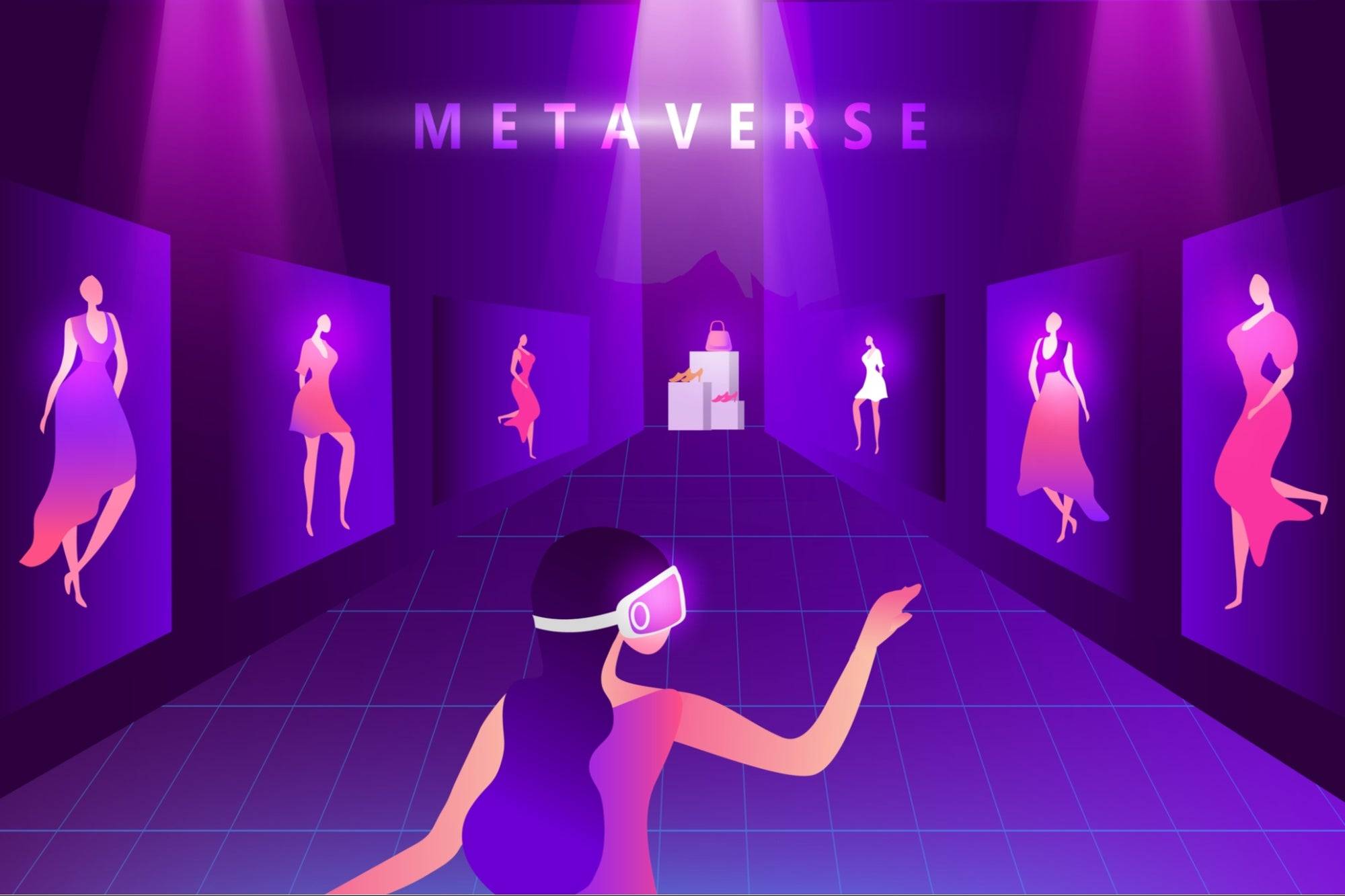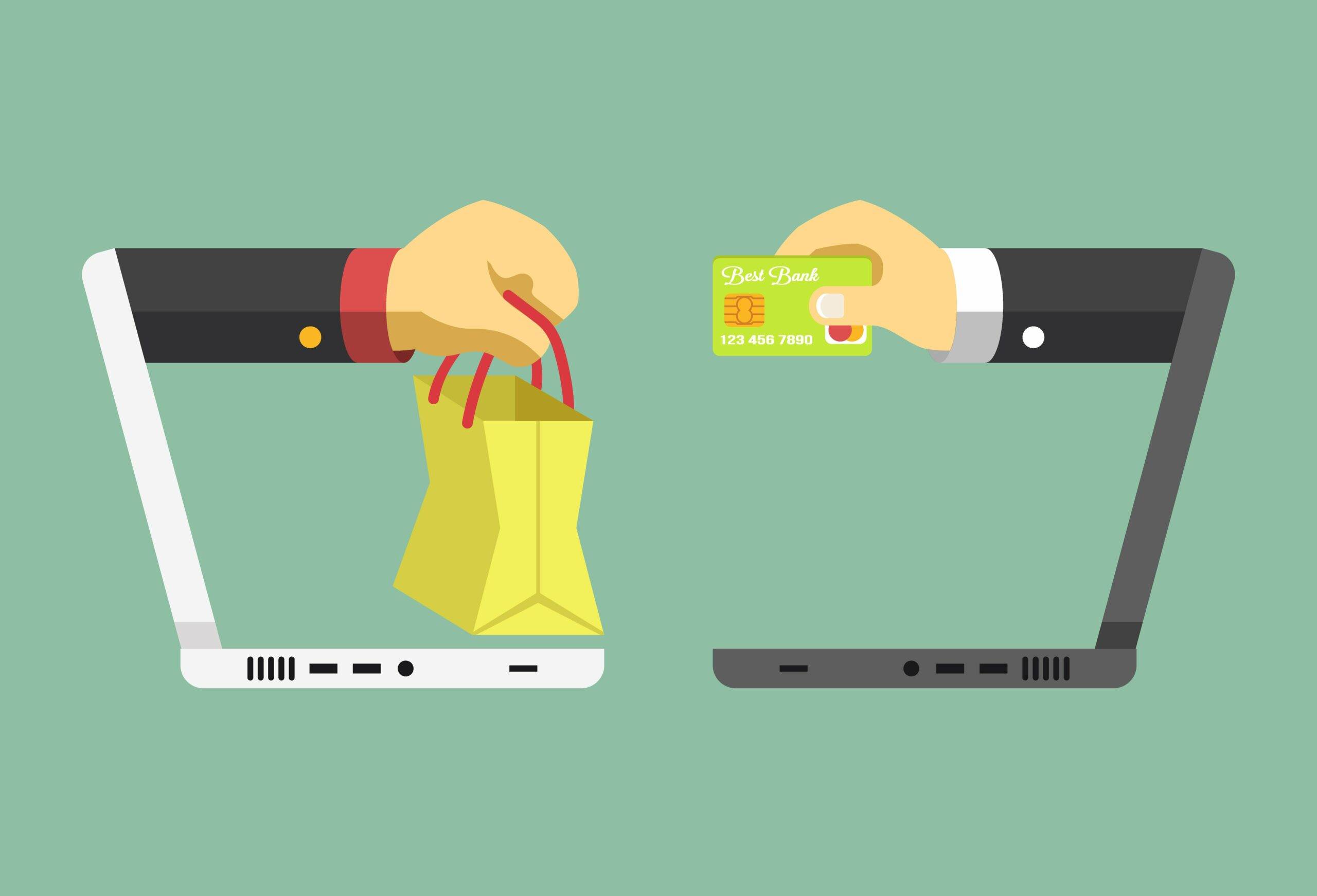Black Friday. On the surface, you’d think that this day was purposely given ominous, dark, possibly evil connotation. The exact origins of the modern usage of the term are lost to time, but Snopes suggests that the by the 1950’s, the day was known for employees calling in sick in order to enjoy a long holiday weekend, and by the 1960’s, it was associated with the pandemonium caused by massive number of post-Thanksgiving shoppers. Yet others hold that the phrase was based on businesses that spent the year in the red finally reaching the day where they were profitable, and their balance sheets were in the black. Whatever the origins, the phenomenon of the day after Thanksgiving being the top shopping day of the year seems to be here to stay for the foreseeable future. It’s now a quintessential part of American culture.
Why is it so popular?
Retailers quickly discovered they could attract large crowds by lowering prices associated with the day immediately after Thanksgiving. Black Friday “fever” caught on, and it became the day to shop, especially for great deals. More retailers started placing their items up for sale on the morning after Thanksgiving, and others further built the anticipation by advertising online specials to consumers days or weeks before Black Friday. Black Friday fever has even crept into Thanksgiving Day itself, with retailers wanting a further “jump start” on promoting their sale before the actual shopping day.
Cyber Monday. Retailers, in an attempt to generate sales in store, as well as online, began participating in a spin off known as Cyber Monday.
Cyber Monday has become the marketing term for the Monday after Thanksgiving in the United States. The term originated with marketing companies to motivate people to shop online. The phrase “Cyber Monday” was started by Ellen Davis and became known on November 28, 2005, when shop.org issued a press release entitled “Cyber Monday Quickly Becoming One of the Biggest Online Shopping Days of the Year.
Shop.org issued a study with Bizrate Research in 2005. Their eHoliday Mood Study noted that “77 percent of online retailers said that their sales increased substantially on the Monday after Thanksgiving, a trend that is driving serious online discounts and promotions on Cyber Monday this year (2005)”.
The shopper frenzy associated with markdowns, sales and great “doorbuster” deals has led to a less than enjoyable experience for many on Black Friday. With the media highlighting poor shopper behavior, and the overall prevalence of online shopping in recent years, holiday shoppers continue to make larger percentages of their purchases online.
So what comes next?
Many businesses have chosen to offer Black Friday deals online, as well as in store. While Cyber Monday sales have continued to grow, that could just be a correlation with overall online shopping trends. We expect to see more and more shoppers complete much if not all of their Black Friday shopping online, leaving less of a need for Cyber Monday. Online retailers can’t afford to wait until shoppers have spent their gift budgets in stores to be part of the action. Additionally, many shoppers are getting used to the time savings and convenience of eCommerce shopping.










